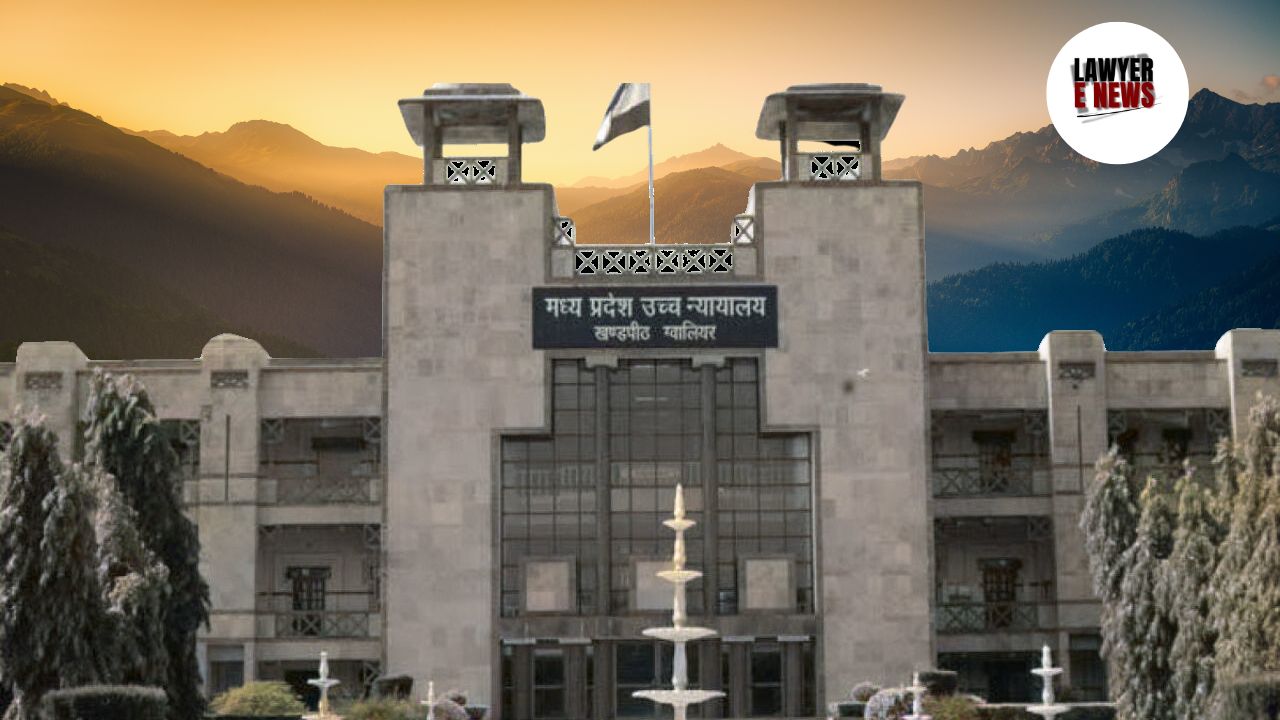-
by Admin
16 February 2026 1:47 PM



Madhya Pradesh High Court, in a judgment delivered on 10th February 2025, dismissed a second appeal filed by Totaram and others in a partition and declaration suit, ruling that mere allegations of forgery, without substantial evidence, cannot overturn concurrent findings of fact.
Justice Prem Narayan Singh, deciding Second Appeal No. 3054 of 2024, ruled that "the burden of proving forgery lies on the party making the allegation. If a plaintiff fails to provide conclusive evidence, the court cannot interfere merely on the basis of suspicion." The court further held that "a second appeal under Section 100 CPC is maintainable only if a substantial question of law arises. When both lower courts have rendered well-reasoned factual findings, no interference is warranted."
The case stemmed from a dispute among real brothers over the partition of their ancestral property in Badwah, Madhya Pradesh. The appellants sought a declaration of their 1/3rd share in the property and the cancellation of a consent letter, alleging that it had been executed through forgery. They contended that the respondents fraudulently mutated the property in their favor by fabricating signatures on a consent document.
Rejecting these claims, the trial court dismissed the suit on 27th March 2023, holding that the appellants failed to provide expert opinion or other credible evidence to prove forgery. The first appellate court affirmed this decision on 21st August 2024, upholding the mutation in favor of the respondents.
The High Court found no reason to interfere, ruling that "once a lower court finds that a partition has already taken place and has been acted upon, a belated challenge without strong evidence cannot succeed." The court emphasized that "oral partitions are legally acceptable when not promptly contested. The appellants failed to challenge the mutation in a timely manner, weakening their case."
Referring to Kale & Ors. v. Dy. Director of Consolidation & Ors., AIR 1976 SC 807, the court reaffirmed that "a family settlement, once accepted and acted upon, cannot be revoked at will. A party who has taken advantage of partition cannot later claim that it was invalid."
Rejecting the contention that the courts should have called for a handwriting expert report, the High Court ruled that "the burden to prove forgery lay on the appellants, and they failed to discharge it. Courts are not obligated to order expert evidence unless a prima facie case of forgery is made out."
Upholding the concurrent findings of both lower courts, the High Court ruled that "substantial questions of law arise only in cases of clear legal misinterpretation, not on mere factual disputes. When factual findings are supported by evidence, second appeals should not be entertained to merely re-evaluate evidence."
Dismissing the appeal, the court concluded that "concurrent findings of fact by the trial court and the appellate court do not warrant interference. Allegations of forgery, unsupported by proof, cannot form the basis for setting aside a lawful partition."
Date of decision: 10/02/2025
